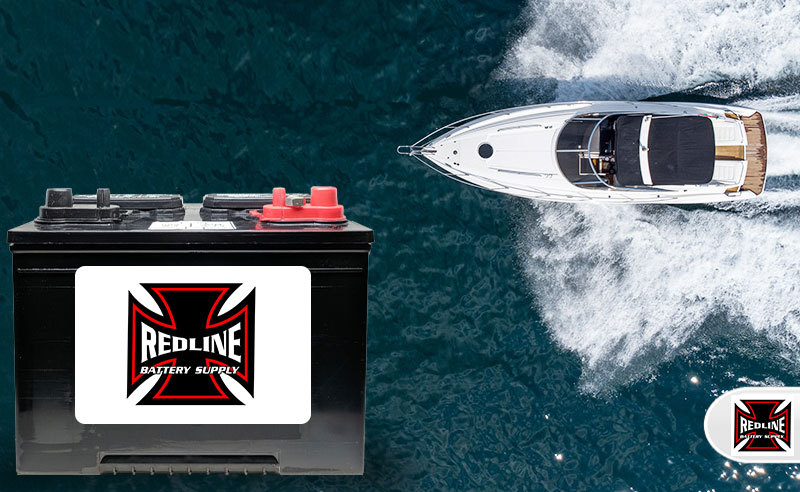
Overview:
Marine batteries are essential components of boats and other watercraft, providing the power needed for various systems and equipment while on the water. To ensure the longevity and optimal performance of your marine battery, it is important to follow proper maintenance practices.
Here are some following tips to help you maintain your marine battery:
1. Choose the right battery:
Ensure that you select a marine battery specifically designed for the types of activities you'll be engaging in, whether it's fishing, cruising, or watersports. Consult with a professional if needed.
2. Regularly inspect your battery:
Check for signs of corrosion, such as leaking or bulging or any visible damage in your battery.
3. Clean terminals:
Keep the battery terminals free from dirt, grease, and corrosion. Use a wire brush or battery cleaner to remove any build-up.
4. Check terminal connections:
Ensure that the battery is securely connected and the terminals are tight. Loose connections can result in poor performance and electrical issues.
5. Use protective terminal covers:
Install terminal covers or boots to prevent corrosion and water damage.
6. Monitor water levels:
If you have a traditional lead-acid battery, check the water levels regularly and top up with distilled water when necessary. Avoid overfilling.
7. Be cautious when charging:
Follow the manufacturer 's recommendations for charging your marine battery. The battery's lifespan can be impacted by both overcharging or undercharging, so avoid it as much as possible.
8. Use a battery maintainer:
When your boat is not in use, it's beneficial to connect a battery maintainer or charger to keep the battery charged and prevent sulfation.
9. Avoid deep discharges:
Try to avoid fully draining the battery. Deep discharges can strain the battery and reduce its overall capacity and lifespan. After use, recharge it as soon as possible.
10. Keep the battery clean and dry:
Excess moisture and water can damage the battery. Regularly clean the battery casing and keep it dry to prevent corrosion or short circuits.
11. Store the battery properly:
If you are storing your boat or battery for an extended period, remove the battery and store it in a cool, dry place. Keep it charged and periodically top up the charge if needed.
12. Avoid extreme temperatures:
Battery performance and longevity can be impacted by extreme heat or cold. If possible, store your boat in a temperature-controlled environment or remove the battery during extreme weather conditions.
13. Insulate the battery:
If your battery is exposed to extreme heat or cold, consider using insulation products, such as battery blankets, to protect it.
14. Test the battery regularly:
Perform regular battery tests to check its overall health and capacity.
15. Follow manufacturer guidelines:
For your marine battery, always refer to the manufacturer's instructions and recommendations for maintenance, charging, and other specific requirements.
Conclusion:
By following these tips, you can ensure that your marine battery lasts longer and performs optimally, providing reliable power for your boat's electrical systems and equipment.
More News